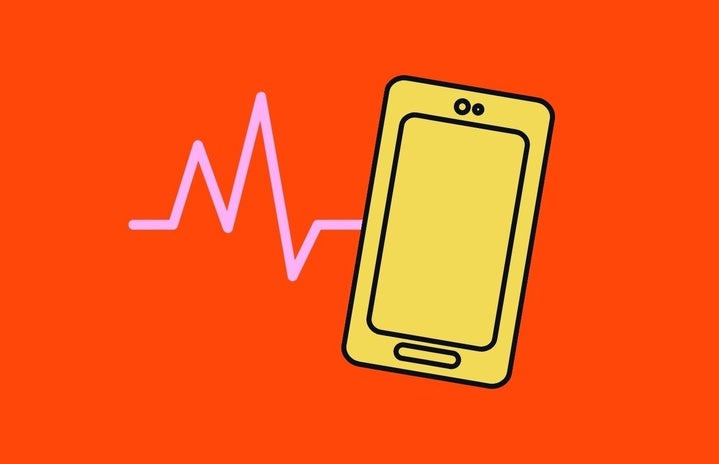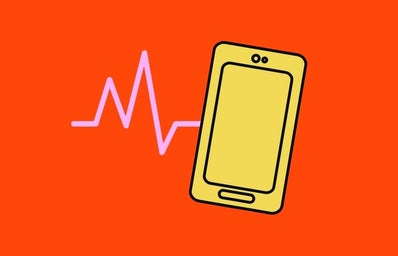I have always been an extremely anxious person. There is very little in the world that does not worry me to some degree, from the perfectly personal and justifiable, to the absolutely fantastical, to the overreaching current affairs undercutting our daily lives that would form the headlines in my notes if my life were a novel being thematically examined. Like many others however, there is one thing that makes me especially anxious, and that is the news.

“So, Miss Kinsey, what has been bothering you recently?”
After tentatively reeling off some squabbles and inconveniences that marred my personal life, I may indulge to mention a particularly upsetting news story that I had read recently. The BBC announcing the deaths of some poor, wretched refugees off the coast of Dover and the utterly unsympathetic comments adorning the Facebook post. A fire in a high-rise council block where the horrible deaths of numerous poor people could have been directly avoided if not for the dangerous and callous cost-cutting measures during the building process. The knowledge that there are parents in Britain who must choose between feeding their children or paying their rent. The bifurcation of communities due to prejudice and institutionalised discrimination.

I would be met with scrunched eyebrows – pursed lips, a clicking tongue – but no constructive advice on how to process these feelings. Because how do you argue that any of these things are irrational to be upset about? It is justified to be deeply affected by the never-ending stream of tragedy and the feelings of utter helplessness that follow.
The other day I found myself killing time in Waterstones in Swansea. As somebody who mostly prays that the book they want to read will magically show up in a local charity shop some time in the near future, browsing through bona fide bookshop like Waterstones is a wonderful way to spend whatever amount of time it takes for me to become interested enough in a book enough to reach for it, inspect the price, then swiftly return it to the shelf with a most ungodly strangled sound. So, it was sort of, but not quite by chance, that I stumbled across Elif Shafak’s recently published How to Stay Sane in an Age of Division. It was small, attractive but most importantly to me at the time, the most reasonably priced item I had come across thus far.
The blurb of the novel states summarily that “ours is the age of contagious anxiety.” In the pages within, Shafak asserts that our constant exposure to upsetting and emotive information through the news and social media is nothing short of ruinous to the psyche. Like many others with anxiety disorders, uncertainty and a lack of control over my situation have me running for the hills. The coronavirus crisis has brought both in spades. I have found myself unable to stomach reading the news for long periods of time just to stay sane – and I know that I am not alone. In an irritating catch-22, I then find myself feeling guilty for not engaging with current affairs. Shafak encourages us not to be afraid to turn our attention inward, prioritising our own emotions and limiting our exposure to upsetting stories without sacrificing socio-political awareness. Perhaps I’m just a bit dim but having this spelled out for me has prompted me to make a move towards establishing a healthier approach to reading and absorbing the news.
I am by no means advocating crawling under a proverbial blanket or a total lack of consciousness, because this breeds ignorance which in turn breeds intolerance (and we don’t need any more of that in the world, thank you very much). Rather, I have endeavoured to set myself some guidelines when reading the news and using social media that I hope may come in useful to anyone else who finds themselves sinking further and further into a pit of despair the longer they scroll through Facebook.
- Regulate your news consumption. Set specific times of the day for yourself to read the news. Turn off automatic news notifications on your phone so that you can choose when to view a news story, rather than have this decided for you by an algorithm. This will help you to disconnect your mind from worry-mode, compartmentalise news-related anxieties into blocks of time and ultimately avoid burnout.
- Choose your news sources wisely. Avoid alarmist headlines dripping in theatrical panache and making doomsdays out of molehills. Ensure that you are consuming your news from a reliable source and don’t get bogged down with conspiracy theories and misinformation.
- Don’t forget to indulge in hobbies and stay connected with other people. “Distract yourself when the sad stuff gets too much” seems like a cheap piece of advice, but it’s worth remembering the importance of unwinding and keeping in touch with the people you love, even if you are limited to online methods of keeping in touch.
So what point am I actually trying to make here? From the start of the Coronavirus crisis, the people of Britain have been encouraged to adopt the same stiff upper lip attitude synonymous with wartime. We are therefore discouraged from productively processing our fears and worries related to the pandemic. Even the World Health Organisation recognises the importance of first and foremost protecting your mental wellbeing during these interesting times (their pamphlet of advice can be found here). The point this article is trying to make is to assure you, dear reader, that there is a difference between being informed and utterly overwhelming yourself with negative information. It is so important to remember to prioritise self-care when we are constantly bombarded with bad news and that doing so doesn’t make you a bad person. Remain aware, by all means, but understand that our mental energies are finite. A bleeding heart cannot bleed forever without giving out. Focus on what you can realistically solve. Not everybody will be the next Václav Havel or Che Guevara, but everybody can make their own personal contribution to building a better world. It is essential to understand and make peace with your own limitations and find ways of contributing to the causes you are passionate about without sacrificing your mental health in order to do so.



